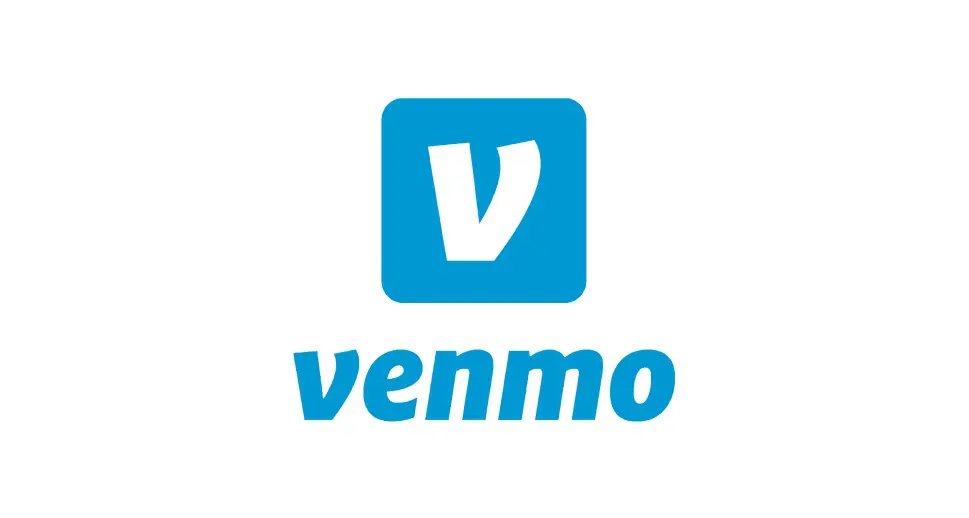Unexpected Cash Advance Fees on Venmo and Zelle: Join the Lawsuit.
If you have utilized Venmo or Zelle for fund transfers and encountered unanticipated fees, you might be eligible to participate in a class action lawsuit concerning credit card cash advance policies.
Please complete the form on this page to determine your eligibility. It is not uncommon to incur additional fees for cash advances on credit cards.
Nevertheless, certain banks and financial institutions have begun imposing these fees on transactions that do not typically fall under the definition of “cash advances.” For instance, credit card companies have started applying cash advance fees to money transfers conducted via peer-to-peer payment applications such as Zelle and Venmo. If you have experienced an unexpected cash advance fee, you may qualify to join a class action lawsuit that addresses these fees associated with Venmo and Zelle. This lawsuit is available to credit card holders with accounts at designated financial institutions, including but not limited to:
- TD Bank
- Zions Bank
- Arvest Bank
- Wheatland Bank
- UMB Financial Corporation
- Spokane Teachers Credit Union
- Boeing Employees Credit Union
- American Airlines Federal Credit Union
Are you eligible?
If you are facing unjust or unforeseen cash advance fees, you may have the opportunity to join a class action lawsuit concerning hidden fees on peer-to-peer payment applications.
Please fill out the form to obtain further information. Complete the form on this page for additional details.
Credit card cash advance fees can be significant. Utilizing credit cards for cash advances can provide a swift means of obtaining funds; however, it is imperative to comprehend the fees and terms that accompany this service, as they can differ markedly among various card issuers. Certain credit card providers are known to charge a fixed fee for each cash advance transaction, irrespective of the withdrawal amount.
This fee may vary from a nominal sum to over $10, contingent upon the policies of the card issuer. Conversely, some issuers may implement a fee based on a percentage of the cash advance, typically ranging from 3% to 5%. For example, if one were to withdraw $500 with a 4% fee, an additional charge of $20 would be incurred.
Moreover, it is important to recognize that cash advances generally attract higher interest rates than standard credit card purchases. While the interest rate for purchases may hover around 15% to 25% APR, cash advances can incur rates that exceed 25% APR.
Credit card transactions classified as cash advances
Credit card issuers often charge fees for cash advances, a practice that has become standard within the industry. Notably, some companies adopt a broad interpretation of what constitutes a "cash advance," which includes various transactions that extend beyond conventional cash withdrawals. This expansive definition allows credit card companies to categorize a diverse array of activities as cash advances, thereby ostensibly legitimizing the imposition of additional fees. Transactions that may unexpectedly fall under the "cash advance" category by credit card companies include:
- Participating in gambling or purchasing lottery tickets
- Transferring money via peer-to-peer payment services such as Venmo or Zelle
- Obtaining foreign currency or cryptocurrency
- Settling tax obligations
- Paying bail or other types of bonds
- Using the credit card for overdraft protection on a checking account
Please complete the form on this page to determine your eligibility for a complimentary case evaluation.




















